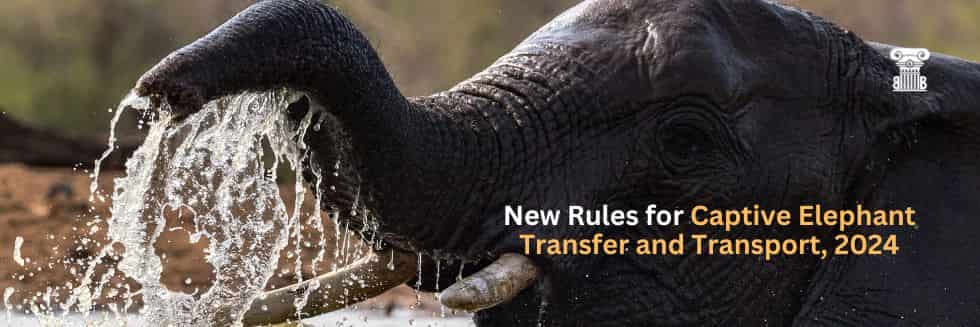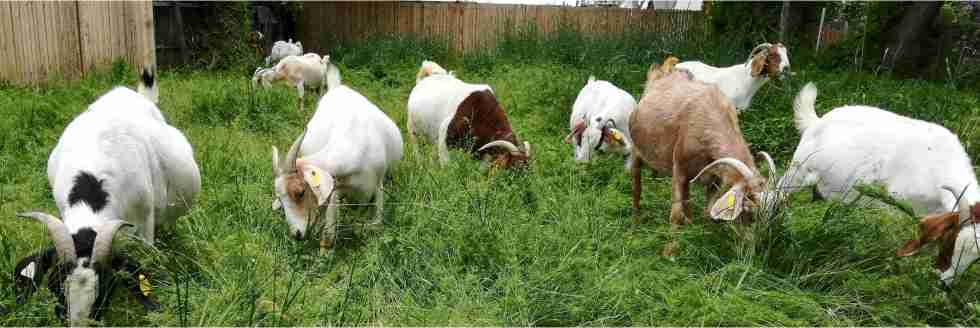The Centre has recently introduced a new set of regulations known as the Captive Elephant (Transfer or Transport) Rules, 2024. These rules aim to ease the conditions under which elephants can be transferred within or between States.
Understanding the Captive Elephant (Transfer or Transport) Rules, 2024
The transfer of captive elephants can occur under certain circumstances. These include situations where the owner is no longer able to adequately care for the elephant’s welfare, or if it is determined that the elephant will receive better care in the new environment compared to its current one. The Chief Wildlife Warden may also deem a transfer necessary for the elephant’s improved upkeep based on the specific circumstances of the case.
Procedure for In-State Transfer
Before an elephant can be transferred within a state, a veterinarian must confirm the elephant’s health. The Deputy Conservator of Forests must verify the suitability of both the current and prospective habitats. The Chief Wildlife Warden has the discretion to approve or reject the transfer based on these assessments.
Procedure for Out-of-State Transfer
For transferring elephants outside a state, similar conditions apply. Additionally, the elephant’s genetic profile must be registered with the Ministry of Environment, Forest, and Climate Change (MoEF&CC) before the transfer.
Requirements for Elephant Transfer
During the transfer, the elephant must be accompanied by a mahout and an elephant assistant. A health certificate from a veterinary practitioner confirming fitness for transport is mandatory. The transport should take place after the completion of the quarantine period, if required for contagious diseases. Proper feeding and watering arrangements must be made during transport. Tranquillisers or sedatives may be used to control nervous or temperamental elephants upon prescription by the veterinary practitioner.
Existing Rules around the Transfer and Transport of Elephants
According to the provisions of the Wildlife Protection Act, 1972, (WPA), elephants are a Schedule 1 species. Therefore, whether wild or captive, they cannot be traded or captured under any circumstances. Section 12 of WPA allows Schedule 1 animals to be translocated for special purposes such as education and scientific research. They can also be translocated for population management of wildlife without harming any wild animal and collection of specimens for recognized zoos and museums. Section 40(2) of the WPA prohibits the acquisition, possession and transfer of a captive elephant without the written permission of the Chief Wildlife Warden of the State.
Until 2021, these laws explicitly stated that such transactions should not be of a commercial nature. However, in 2021, the Environment Ministry introduced an amendment that allowed the transfer of elephants for religious or any other purposes.
These new rules mark a significant shift in the regulations surrounding the transfer and transport of captive elephants, reflecting evolving understanding and practices in animal welfare.






